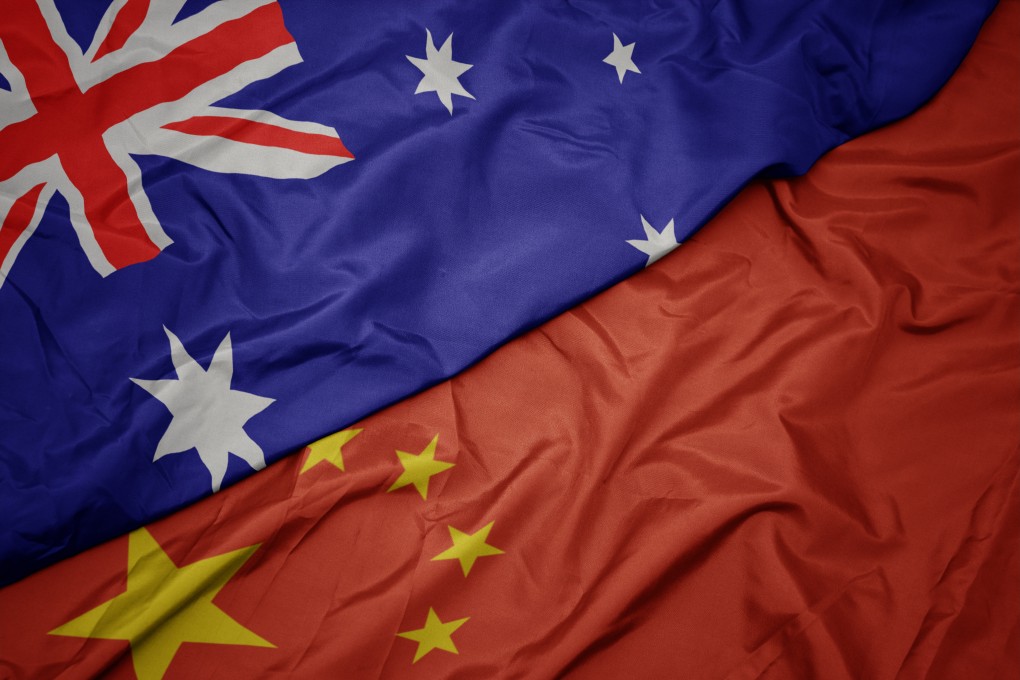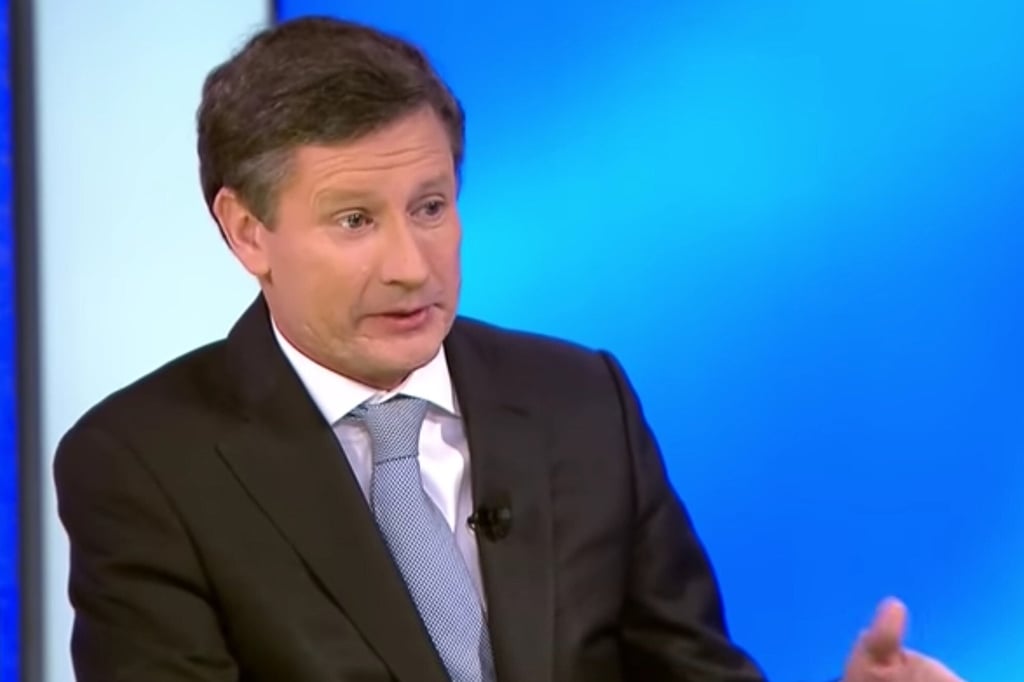As China-Australia ties fray, who is shaping Canberra’s increasingly hawkish policy on Beijing?
- Prime Minister Scott Morrison and his cabinet rely on a roster of key advisers and appointees known for their focus on national security and tough China stance
- These include the nation’s top spy, Andrew Shearer; Nick Warner, a former diplomat and intelligence operative; and former national security adviser Justin Bassi


Key figures shaping Australia’s China policy include Andrew Shearer, Morrison’s former Cabinet secretary who now serves as the nation’s top spy as director general of the Office of National Intelligence (ONI); Nick Warner, a former diplomat and spy who now works as a consultant to the Department of Prime Minister and Cabinet (DPMC); and Justin Bassi, chief of staff to foreign affairs minister Marise Payne and a former national security adviser to ex-prime minister Malcolm Turnbull, Morrison’s immediate predecessor.
Shearer, a national security adviser to former prime ministers Tony Abbott and John Howard, is known for publicly expressing concerns about Beijing’s strategic intentions years before such worries would become default thinking in Canberra.
In a 2010 analysis for the Lowy Institute think tank, Shearer warned that Australia’s reliance on China as its biggest trading partner made it “increasingly difficult to align our strategic policies with our economic interest”, and argued it was not “unreasonable for Australians to be cautious about the underlying motives of major Chinese investments in sectors of strategic importance to Australia”.